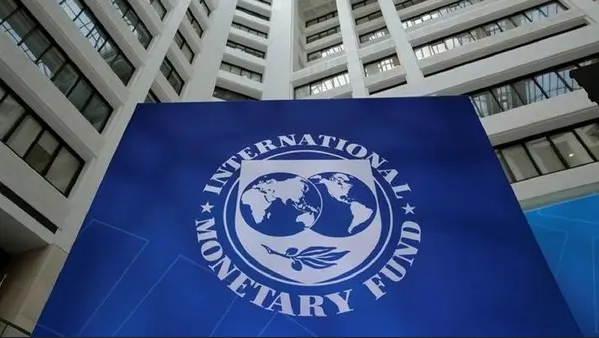IMF funding aimed at helping countries hit by coronavirus will likely to go to oil importing countries in the Middle East and North Africa (MENA) region – which include Egypt, Lebanon, Jordan, and Tunisia – as well as oil exporters Iran and Iraq, according to a new report from MUFG Bank.
The International Monetary Fund (IMF) is moving to provide aid to counter the economic fallout of the coronavirus pandemic, which has shutdown economies across the world and caused a massive hit to global industries such as tourism and aviation. On top of the 70,000 people killed so far, the virus has necessitated lockdown measures, which are likely to cause a recession that will dwarf the 2008 financial crisis.
“The impact of the global lockdown to contain COVID-19 is likely to result in a precipitous decline in emerging market (EM) economic growth this year. Critically, the collapse in output, spike in capital outflows and plunge in commodity prices could trigger balance sheet difficulties that exacerbate the downturn with the eventual recovery being materially weaker,” MUFG said in its report.
IMF to aid emerging economies
The IMF has positioned itself to help emerging markets throughout the downturn, with a $50 billion in emergency assistance ready, along with $1 trillion in lending capacity. IMF Managing Director Kristalina Georgieva has said that some 85 countries have already requested help from the Fund to fight the pandemic.
“MENA oil importers will likely be the primary recipients of IMF funding. In the MENA region, emergency funding requests have primarily been received by oil importers which, in most instances, already face twin deficits and have high debt,” MUFG said.
These countries include Egypt, Jordan, Lebanon and Tunisia. Oil exporters in MENA are generally in a more positive position due to better balance sheets, although Iran has already requested a $5 billion IMF package and “Iraq could be another oil exporter which might apply to tap IMF facilities,” MUFG said.
The bank believes the IMF will “play a pivotal” role in helping emerging markets navigate the coronavirus economic crisis.
“The IMF’s assessment of debt sustainability is a key sticking point limiting deploying funds … This is a challenge particularly faced by many fragile EM economies, where the IMF has, or might conclude, that debt is unsustainable,” the bank concluded.
Al Arabiya
06/04/2020






















































